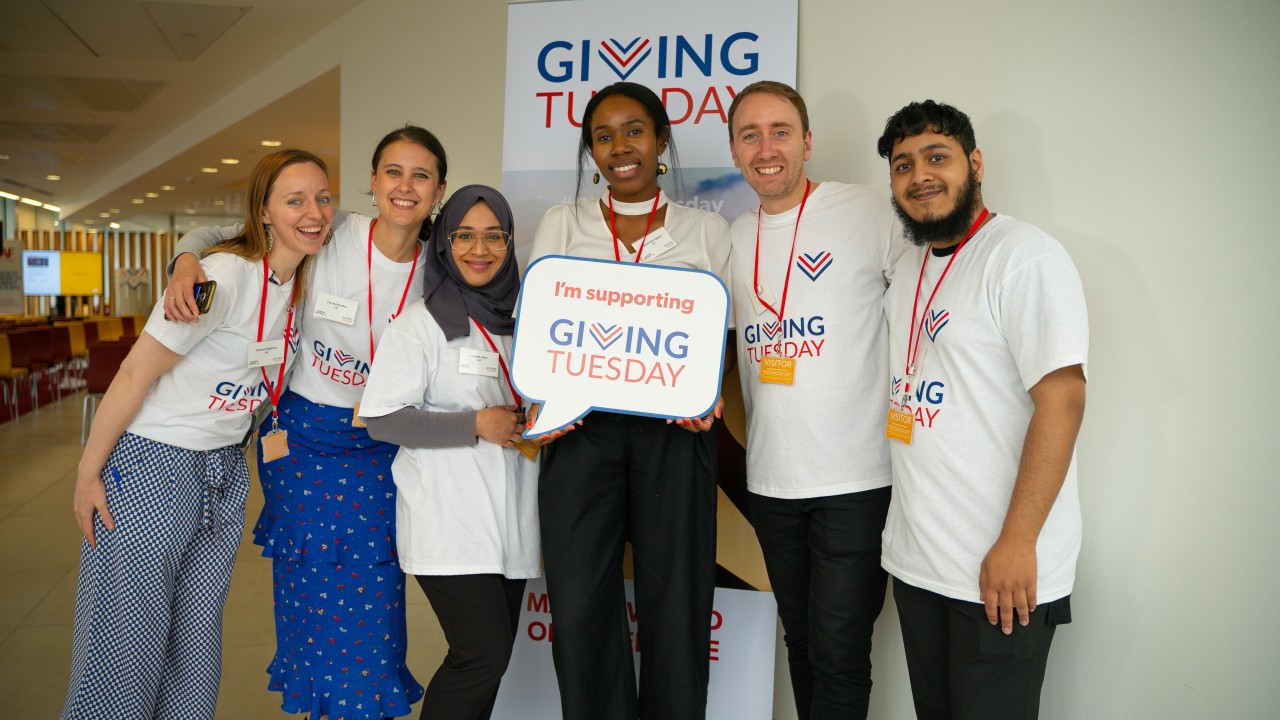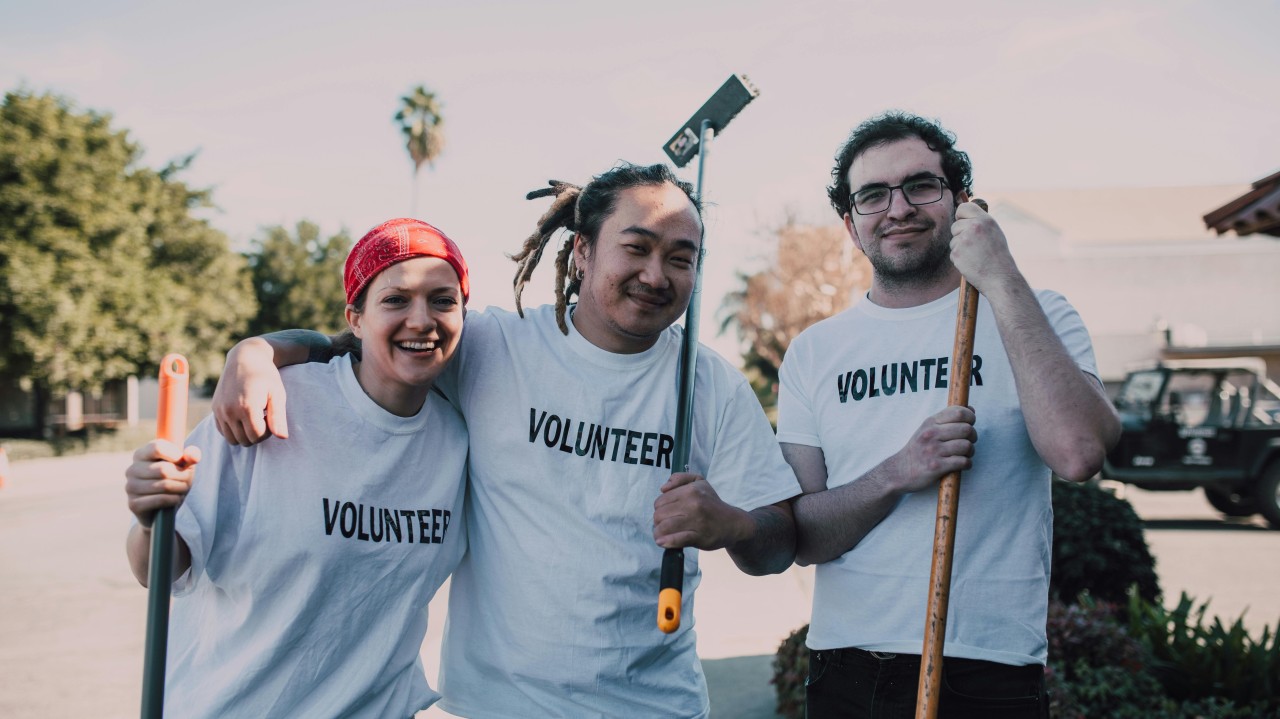Over my three decades as a pastor, I have often marveled at an incredible paradox: those with limited financial resources, yet abundant faith and faithfulness, frequently give far more—by percentage—than those who are wealthy yet financially insecure.
I have also witnessed extraordinary generosity among the wealthy, Pastor Rick Warren, for example, chose to live on 10% of his income while giving away 90% of the tens of millions of dollars generated by his book The Purpose Driven Life. Another extraordinary example is MacKenzie Scott, who has given away more than $17 billion to charitable organizations since 2019. Yet, consider this startling fact: here in Silicon Valley—America’s epicenter of wealth and luxury—generosity often lags. According to USA Today, Silicon Valley is home to 305,700 millionaires, 675 centi-millionaires (those with $100 million or more), and 68 billionaires.
Yet, as a percentage of income, the Bay Area ranks in the bottom 15 cities for charitable giving.
Contrast that with cities like Memphis, where people with far fewer resources give significantly more of their income to charity.
This phenomenon echoes biblical truths. In Mark 12:41-44, Jesus observes wealthy people giving large sums to the temple treasury, followed by a poor widow who offers two small coins. Jesus declares, “This poor widow has given more than all the others... For they gave a tiny part of their surplus, but she, poor as she is, has given everything she had to live on.” Similarly, in 2 Corinthians 8:1-3, Paul praises the Macedonian churches for their extraordinary generosity, even in the midst of poverty: “They gave not only what they could afford, but far more. And they did it of their own free will.”
Generosity is not measured solely by the size of the gift but by the depth of the heart that gives it.
I am reminded of my former church, Roxbury Presbyterian Church, which faced a daunting challenge in the early 2000s. Located in a high-poverty community in Roxbury, the church needed to raise millions of dollars to renovate its historic building to meet city codes and provide critical educational and technology programs. At the same time, this community was reeling from violence and trauma, with residents struggling just to survive emotionally and financially.
In response, 80 families in this small church made an extraordinary sacrifice. For three years, they postponed buying new cars or homes. Some gave up small luxuries—like weekly Starbucks runs or McDonald’s meals—while others reduced their trips to the hairdresser. Every dollar saved went to the building campaign, and these families collectively pledged over $450,000.
When word of their heroic effort spread, others across Boston were inspired. Together, we raised over $3.3 million, resulting in a beautifully renovated building that still serves as a beacon of hope, providing life-saving programs for the local community.
Why do I share these stories? Because they illustrate that life-changing generosity is not only about helping others—it also transforms the giver. Science confirms this:
When we give, our brains release chemicals that produce joy and happiness. God designed us this way.
In Luke 10, the Samaritan demonstrates life-changing generosity at its highest level. He finds a Jewish man—a member of a community perceived as oppressors of Samaritans—lying beaten, bleeding, and half-dead on the road to Jericho. In an incredible act of generosity, the Samaritan takes action.
“Then a despised Samaritan came along, and when he saw the man, he felt compassion for him. Going over to him, the Samaritan soothed his wounds with olive oil and wine and bandaged them. Then he put the man on his own donkey and took him to an inn, where he took care of him. The next day he handed the innkeeper two silver coins, telling him, ‘Take care of this man. If his bill runs higher than this, I’ll pay you the next time I’m here.’” — Luke 10:33-35
First, he risks his life, not knowing if the perpetrators of this violence are still lurking nearby. He uses his own resources to clean and care for the man’s wounds. Then, he places the man on his own donkey, which means the Samaritan walks while the wounded man rides. He carries him to an inn, disrupting his own plans and sacrificing his rest to care for him through the night.
The next day, as he departs, the Samaritan pays for the man’s care and goes further: he leaves a tab with the innkeeper, saying, “Take care of him, and if his bill runs higher than this, I’ll pay you the next time I’m here.”
How is this life-changing generosity?
1. He helped an enemy. The Samaritan’s extraordinary act of kindness and generosity was directed toward someone who represented a community that often caused him pain. His action must have challenged him at the deepest level, but radical empathy compelled him to act despite his own hurt and reservations.
2. He gave without conditions. There were no demands or strings attached to his gift. The Samaritan did not require the wounded man to repay him or even express gratitude. His generosity was freely given.
3. He acted anonymously. Apart from the innkeeper, no one knew of the Samaritan’s actions except God. There was no effort to seek recognition or praise—only a commitment to serve.
4. He transformed lives. His compassion and generosity not only saved the life of the wounded man but also transformed the Samaritan himself. Acts of this magnitude have the power to change both the giver and the recipient.
Jesus tells this story to teach us how to transform our own world, especially in an era as polarized as ours.
Life-changing generosity includes more than just giving resources—it also calls us to act kindly, to care deeply, and to listen empathetically, even to those we see as enemies.
Often, those on the “other side” of hotly contested issues are shaped by their own hidden pain, fears, and traumas. When we take the time to listen—truly listen—with radical empathy, we create opportunities for healing, understanding, and transformation. With Giving Tuesday, let us open our hearts and minds to the power of life-changing generosity.
Let us dare to expand our compassion, giving not only our resources but also our time, attention, and love. Let us bless those in need, including not just the poor among us but also those we consider our adversaries. In truth, they are simply others lying on the side of the road—wounded, in great need of healing, and waiting for someone to notice and act.















.svg)
















